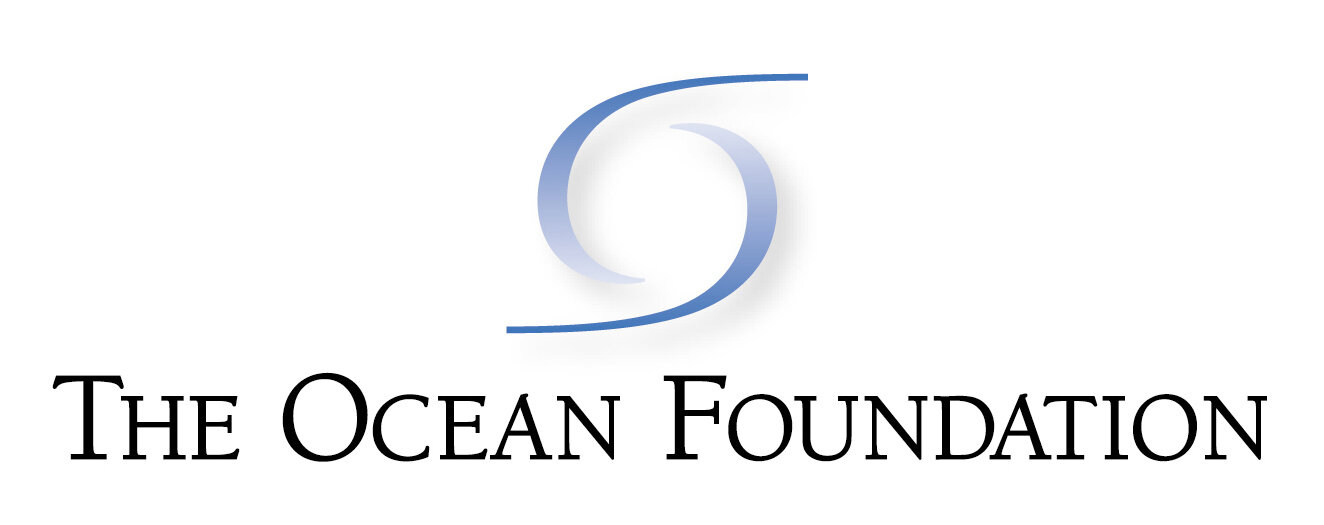
PRESS
Media Featuring MMP & Founder, Sasha Dingle
TRAIL BREAKER PODCAST // JULY 21, 2021
My guest today is Sasha Dingle, founder and lead meditation teacher of the Mountain Mind Project. She’s also a former faculty member at the Goleman Emotional Intelligence Coaching and Training Program and competitor on the mountain biking Enduro World Series and skiing Freeride World Tour. Sasha’s vision is to make training the mind as common as training the body.
We talked about: how to not hide from your mind, that mindfulness is really about learning to drop back into our bodies, and when you don’t know where you belong, keep breaking trails till you find the place where you can really be yourself.
Teton Gravity Research // March 8, 2021
After a week of deep powder days and storm skiing at Jackson Hole Mountain Resort, a little bit of sunshine is welcome on a Sunday afternoon, especially for a group of teenage girls on their weekly group ski. This particular weekend, the girls of Coombs Outdoors’ Powder Pals program gathered just up the hill from the tram for the Women of Winter Mindfulness and ski workshop led by Sasha Dingle, founder of the Mountain Mind Project.
KEENER NURSE WELLBEING WEEK LIVE PANEL // SEPTEMBER 29, 2020
ocean state of mind podcast // june 12, 2020
How do we return to our strongest instincts? How can we connect to our inner wisdom when confronting fear? How can nature help us discover our true selves and identity? On this episode we take a trip from the ocean to the mountaintop with professional freeride skier, mountain biker, and founder of the Mountain Mind Project, Sasha Dingle.
peak performance principles podcast // june 4, 2020
In this episode I got to interview Brad, Monnica, and Sasha. They run mindfulness programs for individuals and teams all across the country. The program they specialize in is called mPEAK - Mindful Performance Enhancement, Acceptance, and Knowledge. In this interview we talked about what mPEAK is, strategies to bring our mind back to focus and how to enter a flow state, as well as tips on how to create a successful pre-performance routine. What is mPEAK?
Key Step Media // April 24, 2019
Richard Davidson and Daniel Goleman discuss contemplative practices to build empathy and compassion, followed by a demonstration of one such practice by Sasha Dingle.
Also featured in the Torch + Everwise “Building Emotional Intelligence”, “Leading with Emotional Intelligence” courses.
Mindful Magazine // December 20, 2018
The weekend warriors and polar swimmers among us may know how to access flow, but it's not translating to other areas of their lives.
Buckrail // September 2, 2018
JACKSON HOLE, WYO – Local athlete, Sasha Dingle started teaching mindful meditation as a response to growing mental health concerns. “In my opinion, the rise of anxiety and depression, especially in kids and teens, is the public health issue of this generation,” said Dingle. “We are finding we can play a significant role in our own mental health and well-being through daily meditation practice.”
Jackson Hole News & Guide // May 4th, 2016
Sasha Dingle practices and teaches mindfulness meditation. Her definition of “mindfulness” is based on that of Jon Kabat-Zinn, one of the leading figures in the Western, secular discipline.
“It’s paying attention on purpose to the present moment, without judgment,” she said. “It’s a methodology, a practice to bring ourselves back to that direct experience — what’s known through our senses — before we start building this whole associative story.”
Planet Jackson Hole // December 6th, 2016
Sasha Dingle is a mindfulness-based stress reduction teacher and a member of the St. John’s Wellness Department. She described an activity focused on listening and connection in which everyone practiced making eye contact. They sat in a circle, and each took a turn looking at the person next to them with “attention and a feeling of kindness.”
The curriculum allows for diverging from traditional classroom practices. For example, students don’t have to raise their hands to speak.
“The feedback we got was surprising,” Dingle said. “Kids were saying that they get nervous when they raise their hand. They get worried they are going to forget what they wanted to say, and it causes more stress.”











